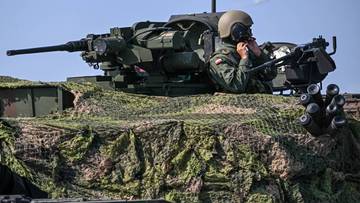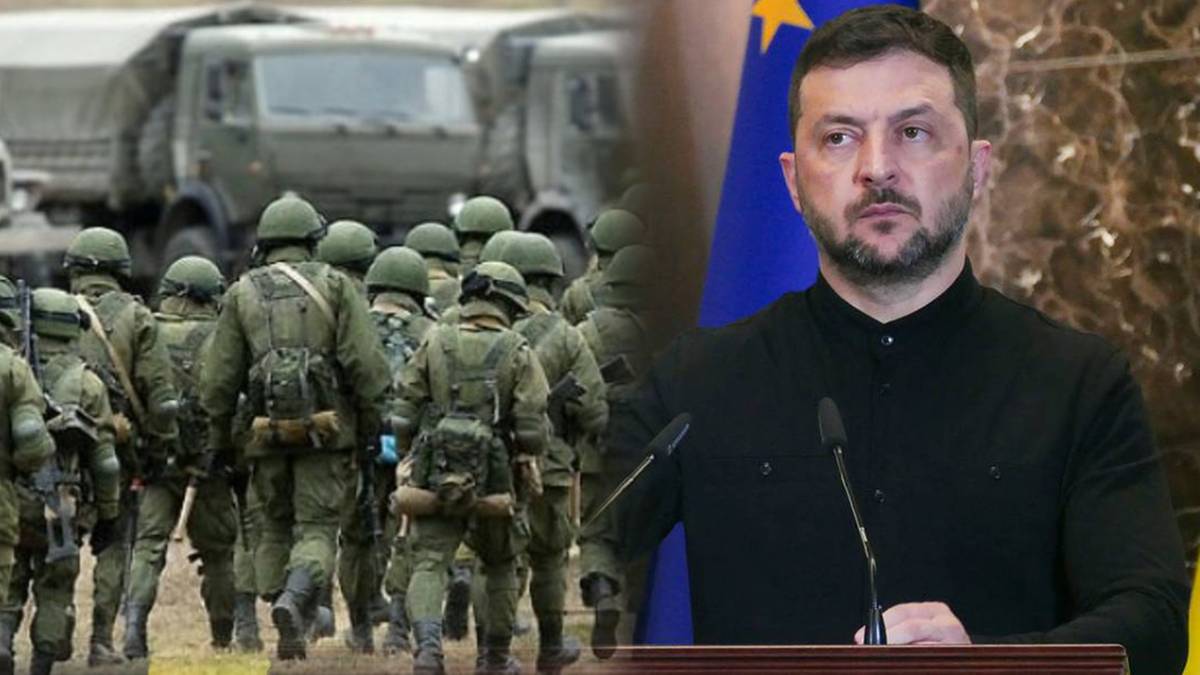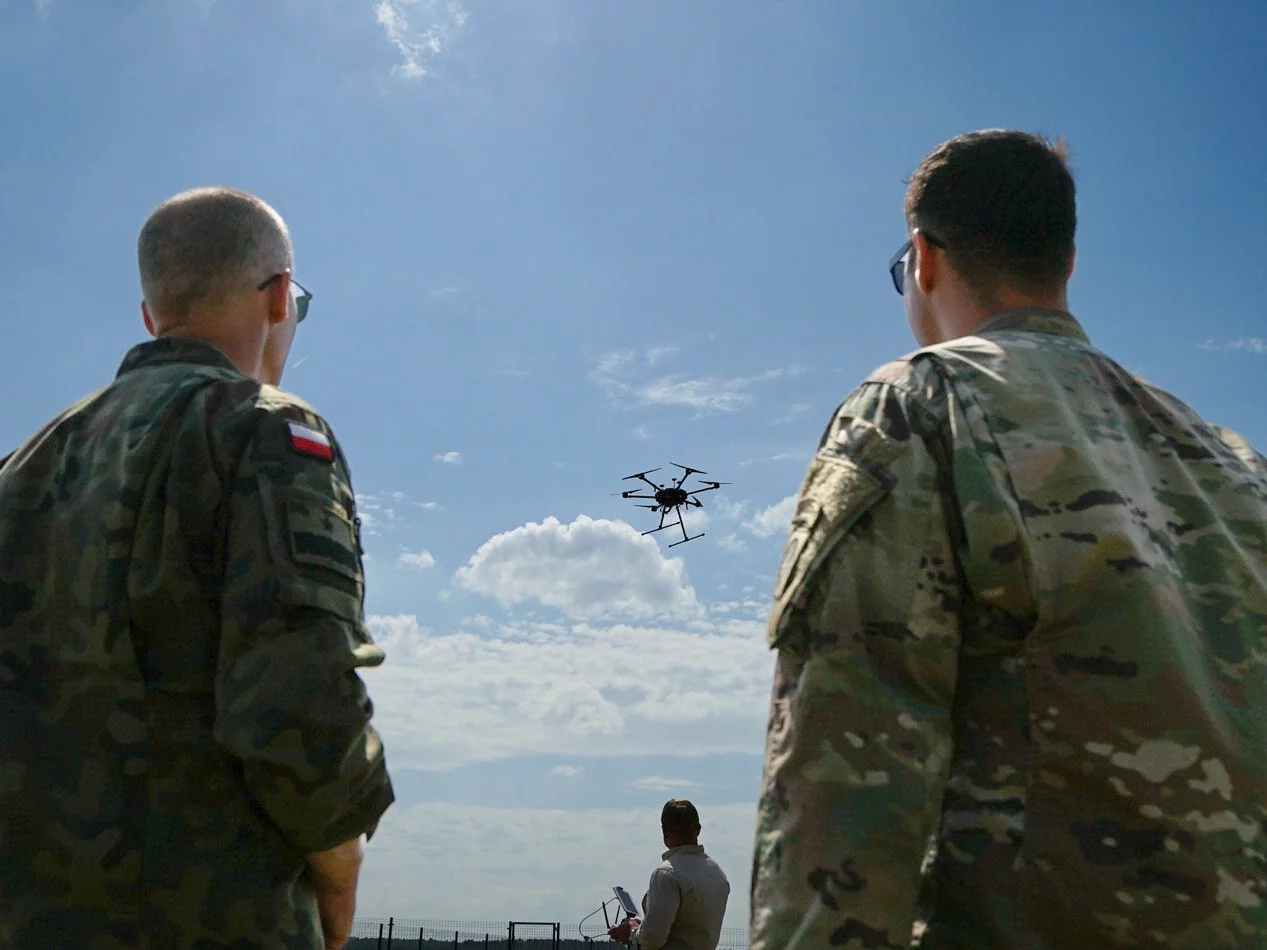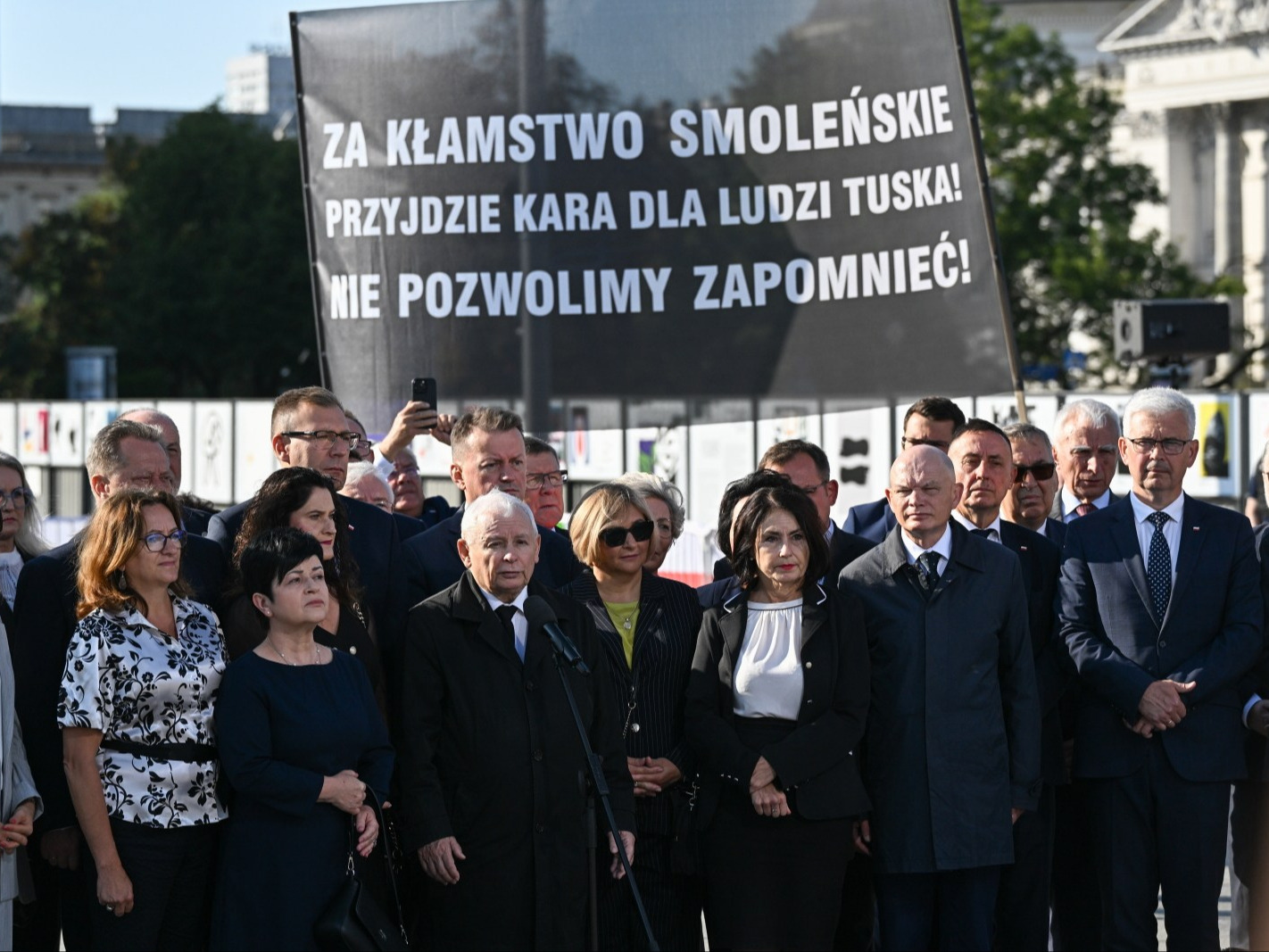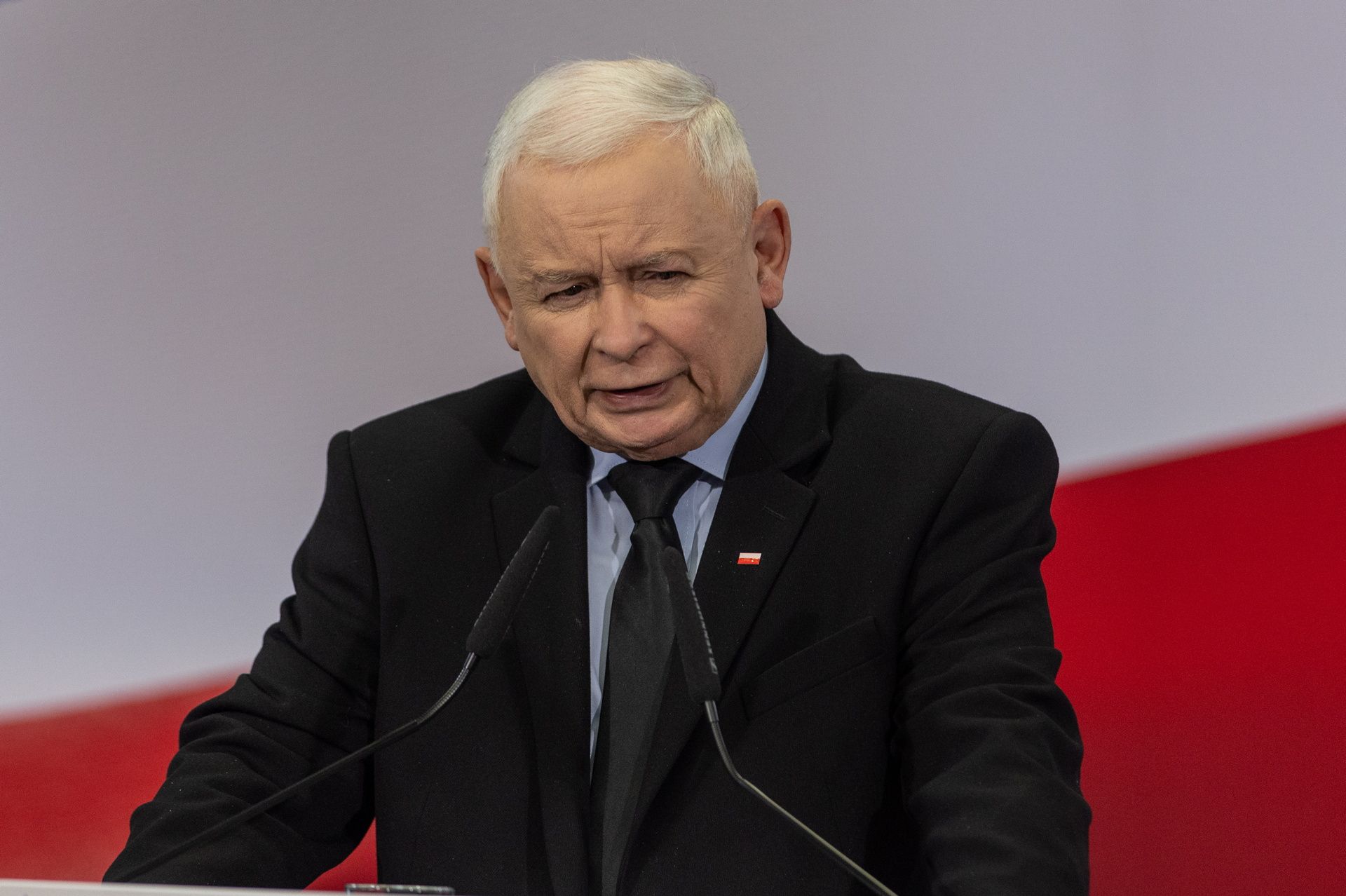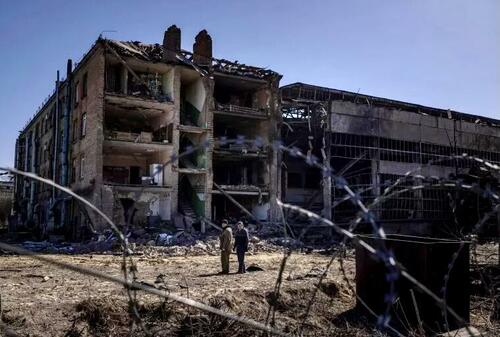
US Arms-Makers Warily Consider Production In Ukraine At Pentagon’s Urging
At the urging of the Pentagon, several American arms-makers are exploring the possibility of producing weapons inside Ukraine, but are grappling with assessing a host of risk factors that include not only Russian bombs but also Ukraine’s infamous corruption.
In June, President Biden and Ukrainian President Volodymyr Zelensky signed a bilateral agreement committing to “defense industrial cooperation, including codevelopment, coproduction, and supply of Ukraine’s defense industrial base requirements.”
The next month, Northrop Grumman was first to take the plunge, announcing that it had finalized a deal to coproduce medium-caliber ammunition in Ukraine. Crucially, no Northrop employees are to set foot inside the embattled country. “As part of the co-production agreement Northrop Grumman will provide the equipment and training to install an assembly line so that [Ukranian firm Ukroboronservice] can produce and test advanced medium caliber ammunition in Ukraine,” a spokesman told Breaking Defense.
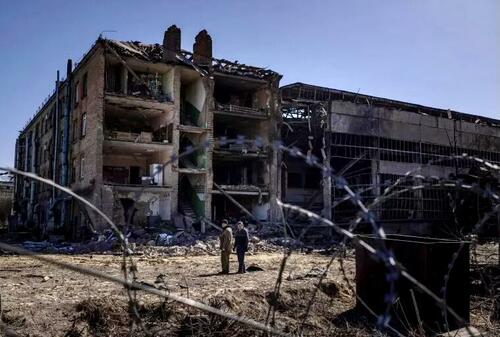 This Ukrainian defense-industrial facility in the Kiev suburbs was shattered by Russian bombs in 2022 (Fadel Senna/AFP via Getty Images and Newsweek)
This Ukrainian defense-industrial facility in the Kiev suburbs was shattered by Russian bombs in 2022 (Fadel Senna/AFP via Getty Images and Newsweek) If that first project goes well, Northrop could take on more ambitious ventures. „[Medium-caliber ammo] is our first project that’s paid for with Ukrainian dollars. We are looking to expand that into tank ammo, 155 mm, others as we find innovative processes,” Dave Bartell, the firm’s director of international business for Northrop’s defense systems sector, told Breaking Defense in June.
Other companies are still crunching the numbers and weighing risks that are difficult to quantify. An unnamed State Department official says they’re champing at the bit. “I think our industry is really eager, but at the same time, [it] has to make sense from a business case, right? And financing is an issue too, how you can actually pay for this stuff,” the official told Defense One.
The official also acknowledged other risks that go beyond the prospect of employees and production lines being vaporized. “Clearly, corruption is a concern,” the official said, before offering the mandatory Western-government claim that Ukraine is making progress on that front.
In May, Ukraine’s former deputy head of the presidential administration was charged with „illicit enrichment,” having amassed real estate, vehicles and other riches valued in excess of 10 times his disclosed salary and savings. A few weeks earlier, local media revealed that the wife of the head of the Security Service’s cybersecurity operation bought a $500,000 apartment, which prompted President Zelensky to fire her husband. There are many more examples where that came from.
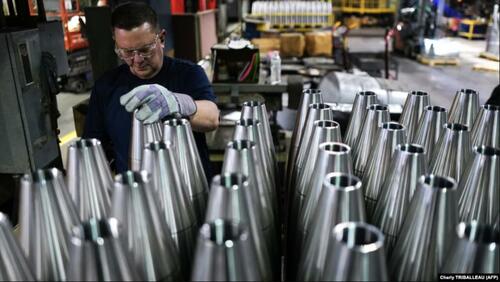 A 155mm production line at the Scranton Army Ammunition Plant (Charly Triballeau/AFP via Radio Free Europe)
A 155mm production line at the Scranton Army Ammunition Plant (Charly Triballeau/AFP via Radio Free Europe)There’s also the question of whether a heavy investment would be accompanied by long-term opportunity, or whether the breakout of peace — God forbid — would turn a Ukrainian-based project into a money-loser. Given the uncertainty, companies are likely to emphasize less ambitious undertakings. The ability to obtain insurance is another concern.
“It has to be a business case for what they’re trying to do, and so looking at maybe starting off with a maintenance, repair, and overhaul type stuff, spare parts production, so kind of starting a crawl-walk-run-type philosophy, before you actually get to the more advanced stuff,” the official added.
We suspect that, if things turn south, the Pentagon will find a way to make it up to US weapon manufacturers — and pass the cost on to you.
Tyler Durden
Sat, 08/10/2024 – 14:35


